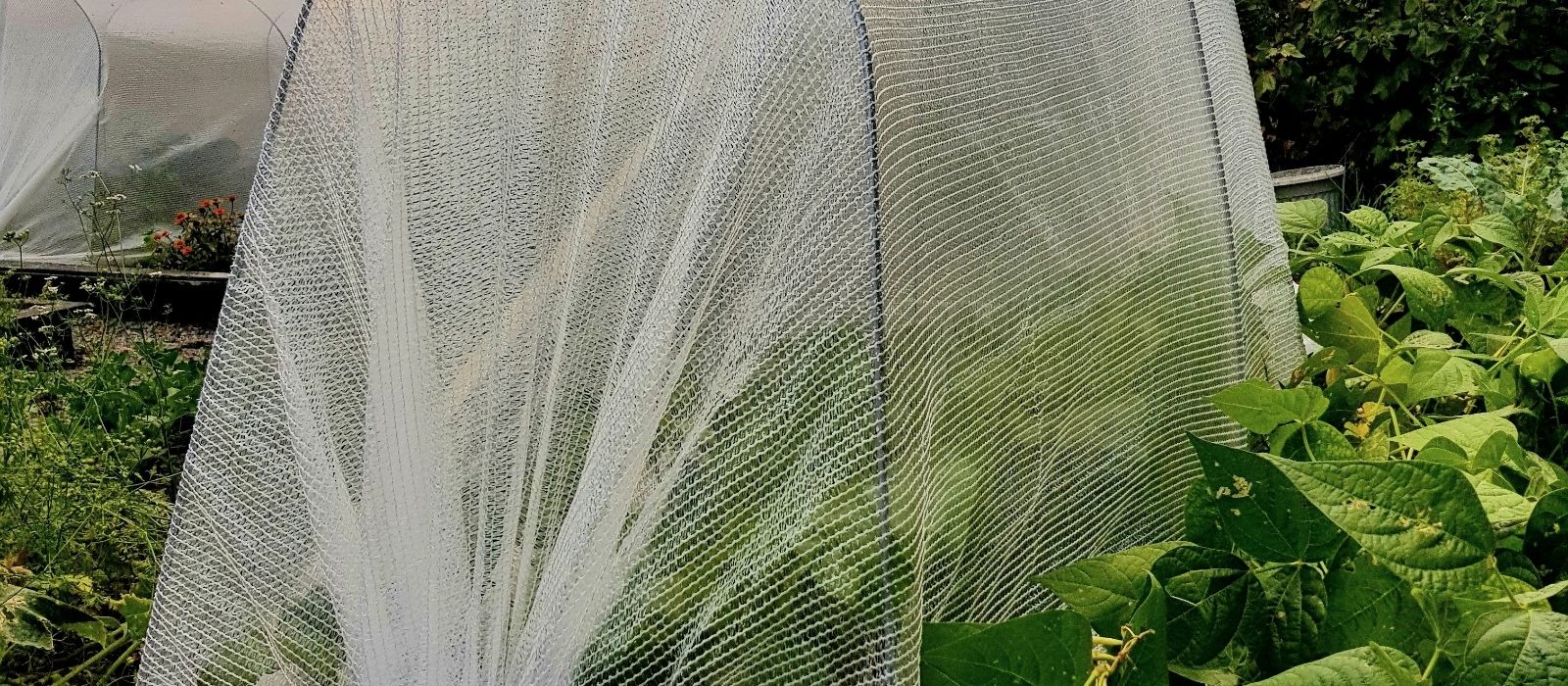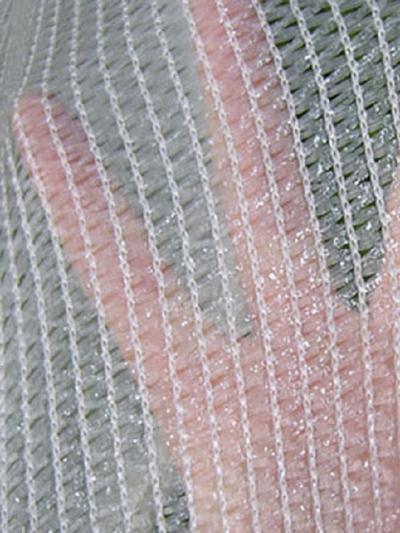
By creating a stable microclimate, a cloche reduces the need for frequent watering and ensure plants stay warm and frost free.
A cloche is a simple yet effective way to extend your growing season, allowing you to cultivate vegetables year-round, even in cooler climates. During the colder months, a cloche traps warmth from the sun, creating a mini greenhouse effect that warms the soil and protects plants from frost, wind, and heavy rain. In summer, it helps shield plants from harsh sunlight, preventing scorching while still allowing plenty of light and moisture to reach them. Plus, by creating a stable microclimate, a cloche reduces the need for frequent watering.
For year-round vegetable gardening, it’s important to choose the right plants for each season. Hardy crops like cabbages, kale, and broccoli thrive under a cloche in winter, while fast-growing salad greens are ideal for early spring. Cloches are also great for transitioning young plants from indoors to the garden, helping to reduce transplant shock.
Building your own cloche is easy with Ascot Jumbo Hoops and Mikroclima fabric. Made from durable galvanised wire, the hoops are simple to install—just push them into the ground and space them 1–1.5m apart before securing your chosen cover. Mikroclima, a high-quality protective fabric from Italy, safeguards plants from frost down to -4°C while also acting as a natural barrier against pests, offering a chemical-free way to protect crops. If birds or animals are an issue, bird netting can be used as an alternative.
Cloche gardening is perfect for all spaces, from urban balconies to large backyard gardens. Whether placed directly in the ground or in raised beds, Ascot Jumbo Hoops are lightweight, easy to move, and designed for long-term use. Proudly made in Timaru, South Canterbury, they’re built to last for years.
Whether you’re an experienced gardener or a beginner, using a cloche is a simple and effective way to enjoy homegrown vegetables all year round.










